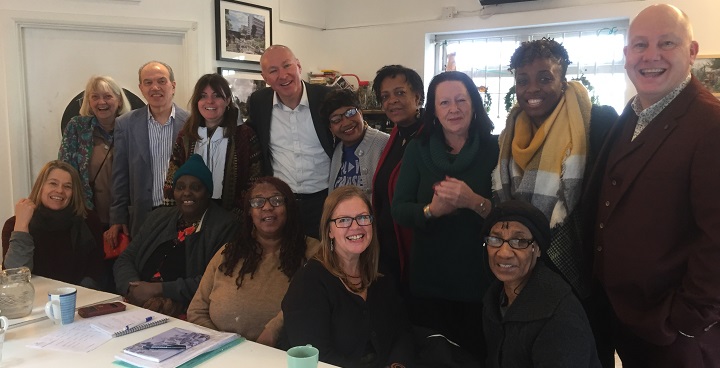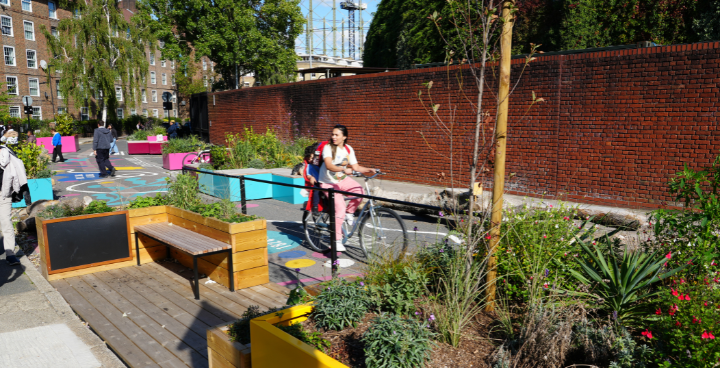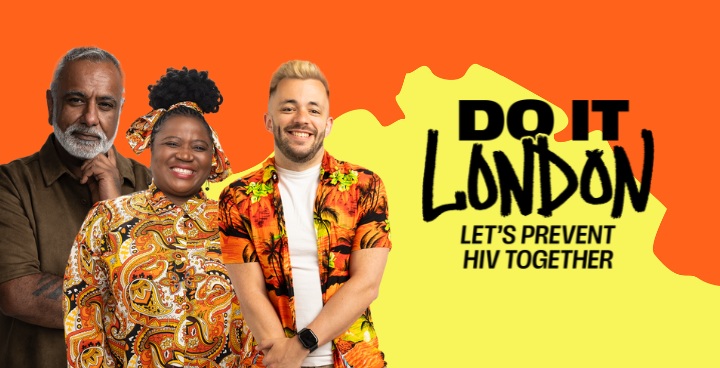
As a community connector, you help provide a safety net to help people feel better about their wellbeing and where they live. Community Connectors link their local community with activities and organisations that can help improve their quality of life. This can include wellbeing and health services, local community groups and organisations, and/or social groups and activities that can have a positive impact on their life.
Training as a connector
Community Connectors get:
- 4 days’ free training,
- A qualification – Level 2 in Supporting Behaviour Change (accredited by the Royal Society of Public Health).
- Monthly ‘safari’ sessions to learn about local organisations & services.
Timetable
Next Project Smith Community Connectors Training Course days are 21, 25, 26 February & 4 March 2019. The training runs from 9.30 – 3pm on all four days and you must attend all four days to become a Community Connector.
What the connectors get back
- “ Since becoming a connector, I’ve helped others, made new friends, feel better about myself, and even found job opportunities through networking,” Mary, SW2
- “I’ve learned so much through the connectors programme that I feel like a walking/talking community notice board,” Charlotte, Loughborough Farm Café, SW9.
- “The experience and skills from this project have given me the opportunity to improve my communication, listening, and cultural identity skills.” Tony SW9, who runs drumming workshops helping older isolated men build connections and confidence.
For more information
Project Smith is about Lambeth residents working with NHS Lambeth CCG and Lambeth Council, recognising that the community and people are the assets and key to good health and wellbeing. It’s based on three Local Care Networks (LCNs). Project Smith has been running for over two years with two workstreams – the Lambeth Wellbeing Fund and the Community Connector programme. Its overall aims are
- To support people to manage their own health and wellbeing (or condition) by having access to the right information and assistance.
- To help people avoid crisis, or minimise it (especially for those living independently).
- To build stronger community ties.
For details of the training, more about the course or about what you can do as a community connector, email dave.goslyn@nhs.net /phone 07540 095696



